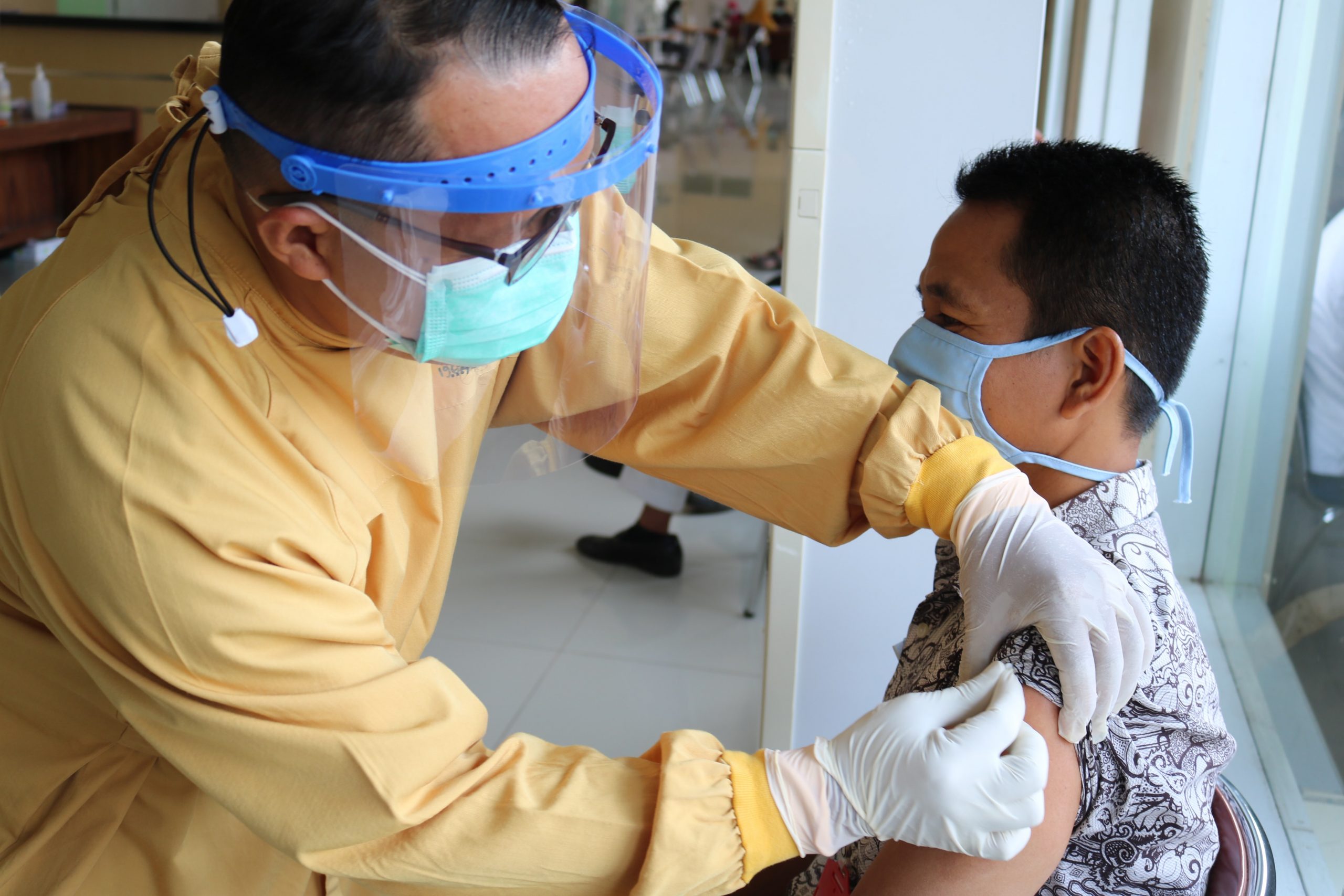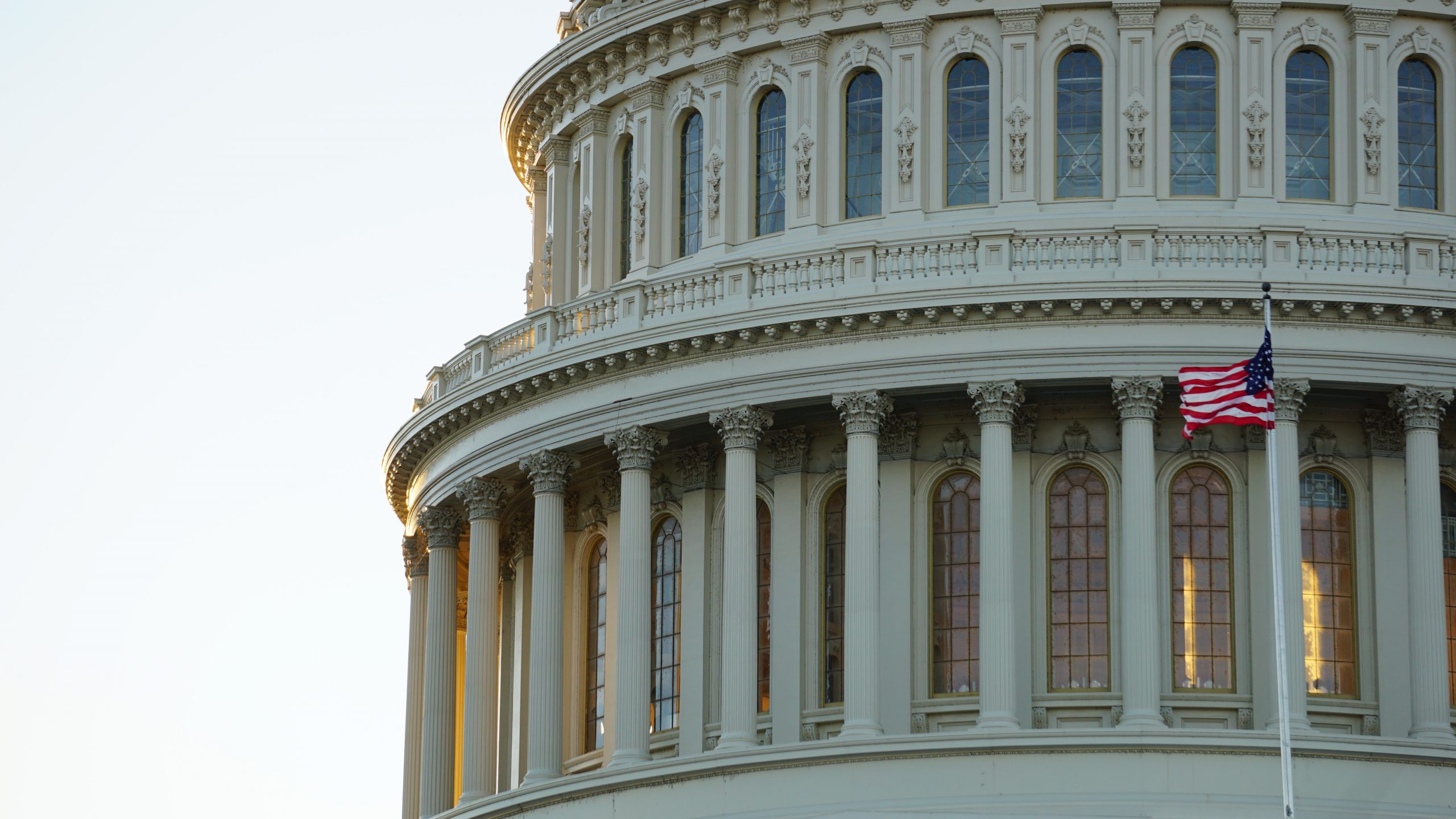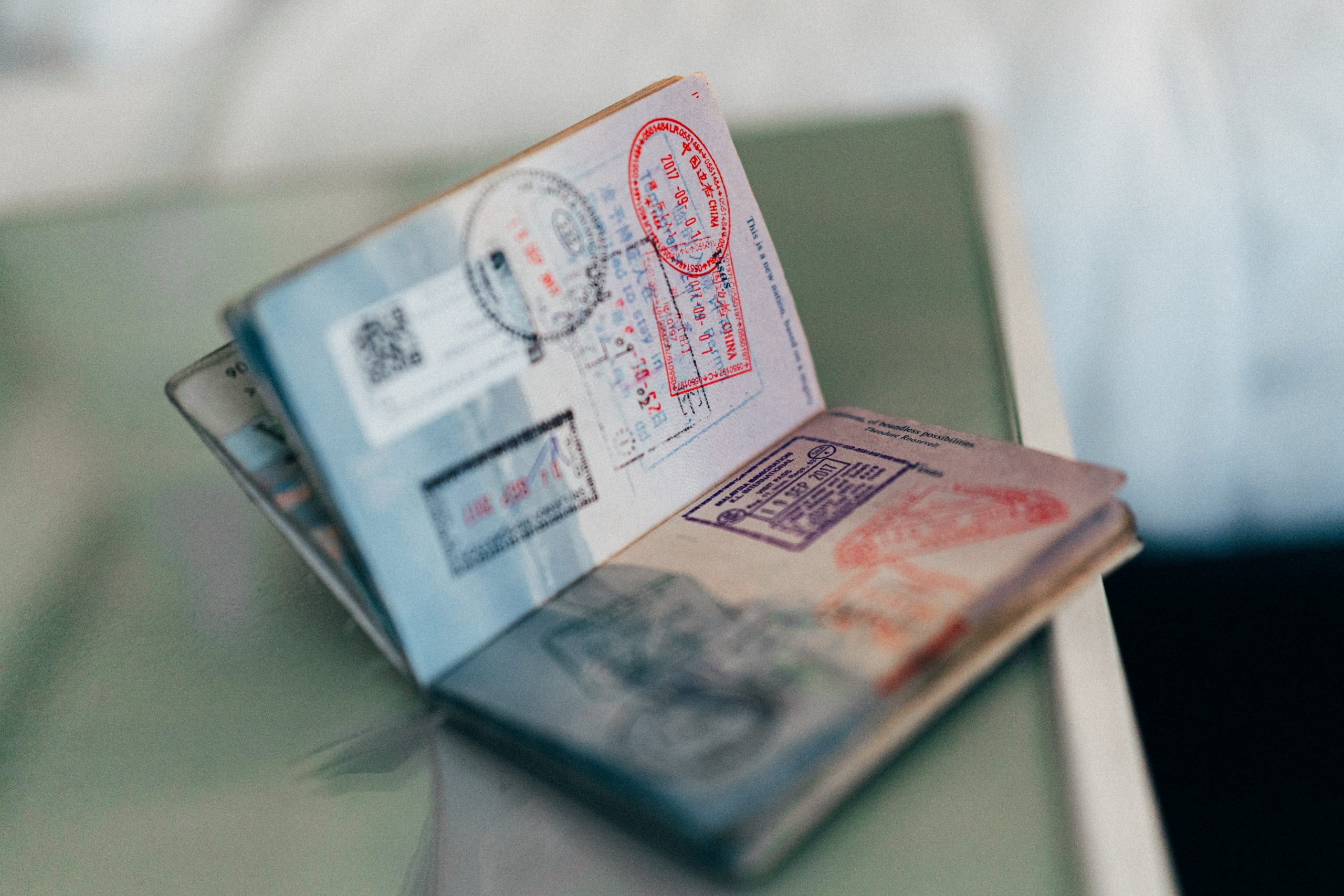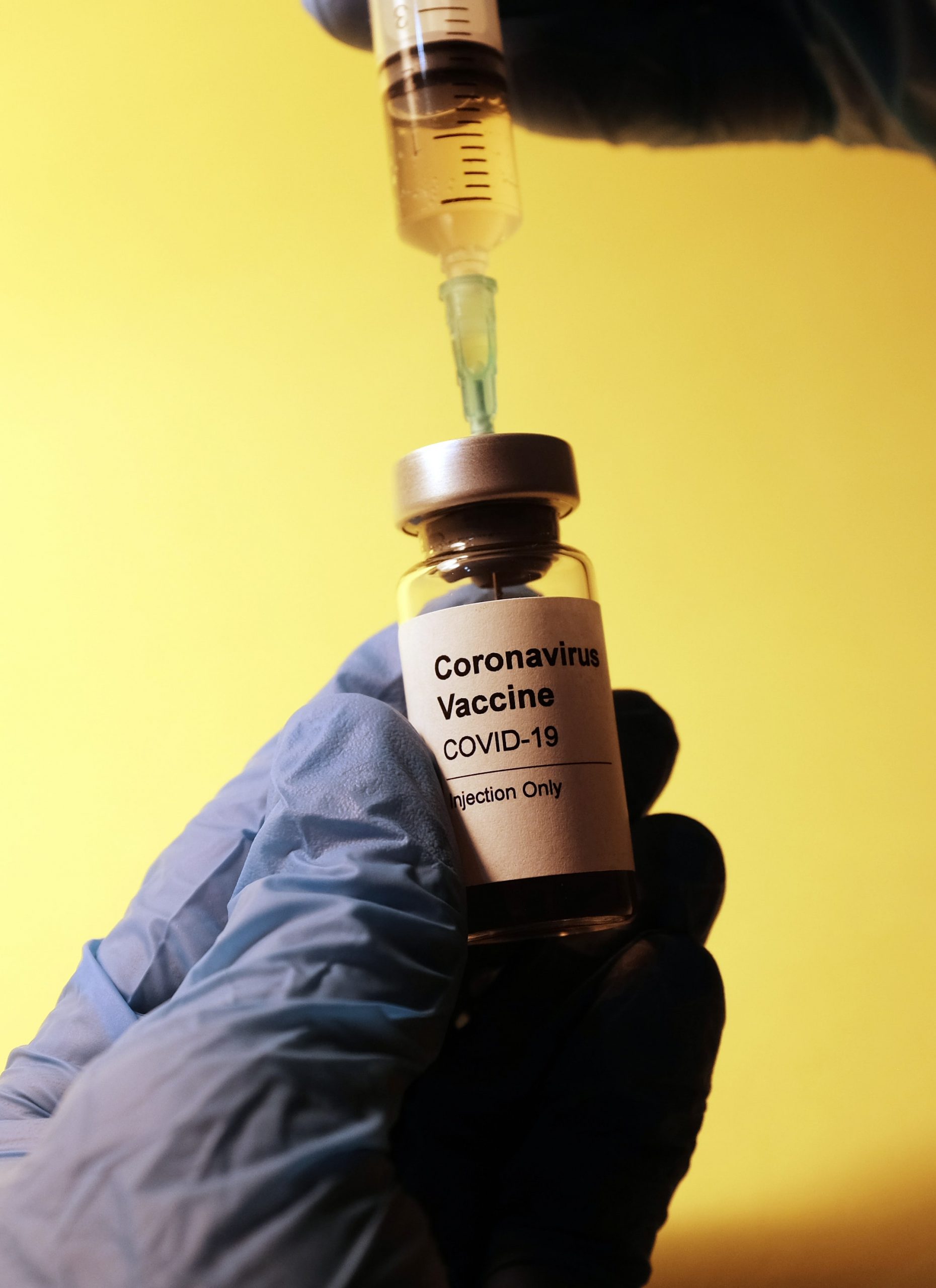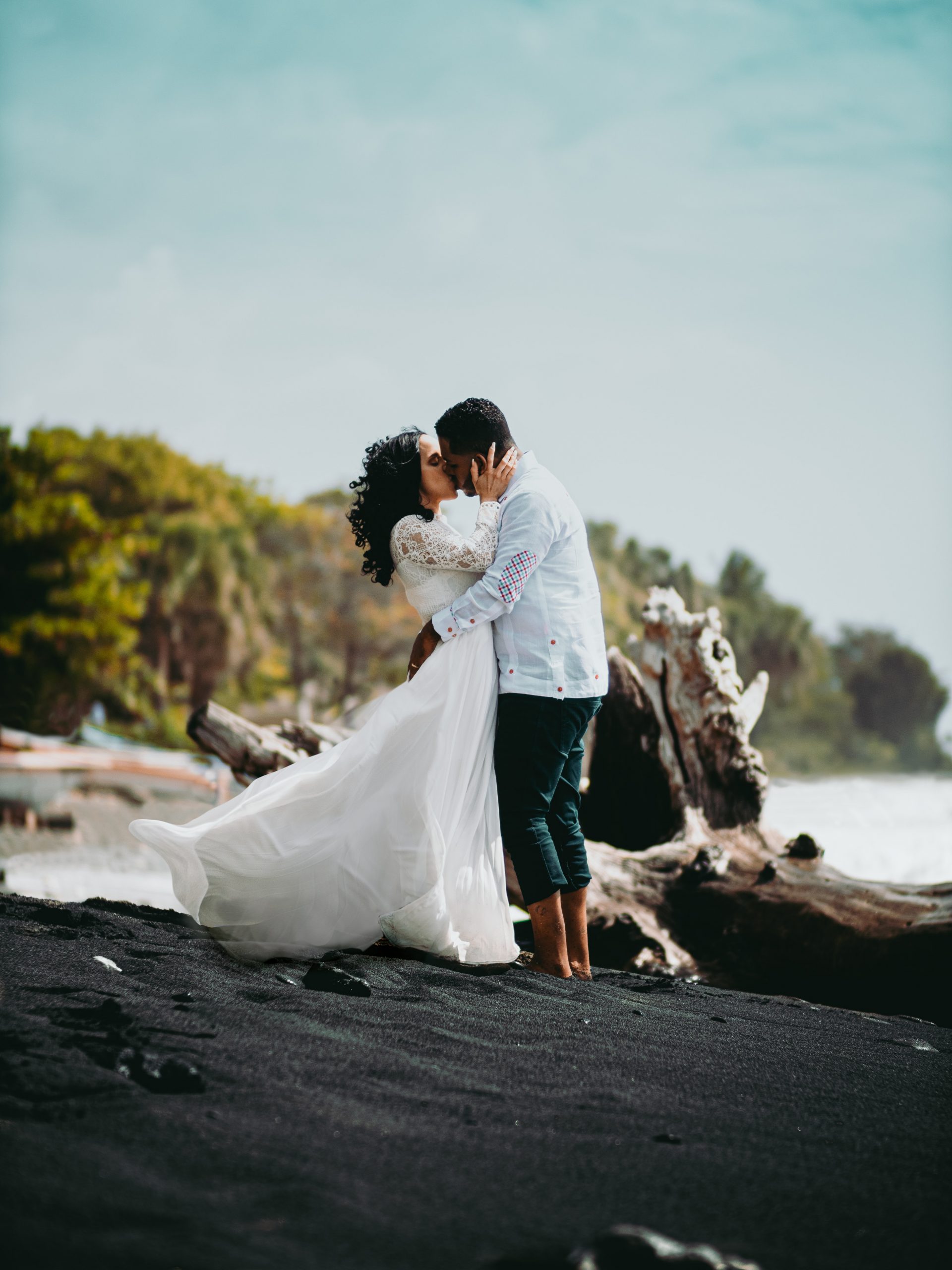Welcome back to Visalawyerblog! In this blog post we share with you some recent news regarding a new class action lawsuit that has been filed by 49 plaintiffs against the Department of Homeland Security (DHS) and United States Citizenship and Immigration Services (USCIS), seeking relief from the extreme processing delays currently taking place for I-765 applications for employment authorization (EADs) filed by individuals seeking adjustment of status (AOS) in the United States, and for I-765 applications filed by E-2 dependent spouses with USCIS.
Currently, USCIS reports that I-765 work permit applications based on a pending I-485 adjustment of status application are taking between 20 to 21.5 months to process at the California Service Center; while it is taking 9 to 9.5 months to process work permit applications at the National Benefits Center; and 9.5 to 10.5 months to process such applications at the Nebraska Service Center.
The new legal challenge against the government has been mounted by the American Immigration Lawyers Association (AILA), Wolfsdorf Rosenthal LLP, Joseph and Hall PC, Kuck Baxter Immigration LLC, and Siskind Susser PC.
The lawsuit seeks to hold the government accountable once and for all for the exorbitant processing times taking place for work permit applications to be adjudicated, especially those at the California Service Center. Under the law, applicants for adjustment of status are afforded the option of applying for temporary employment authorization while their green card applications are pending with USCIS, through what is supposed to be an easy procedure that involves filing a simple I-765 application for employment authorization. In normal circumstances, such employment authorization applications took on average 7 to 9 months to be adjudicated. Since the onset of the pandemic however USCIS has not been able to adjudicate these applications within reasonable timeframes.
Processing times have gotten worse and worse to the point that applicants are receiving their green card interview appointments before even coming close to receiving an approved employment authorization document. This has resulted in applicants being unable to seek employment while waiting for their green card applications to process. This has caused great cause for concern for individuals who have a job offer lined up or who need to work to maintain their households. Further, the American economy is experiencing more and more labor shortages as they struggle to get individuals back to work. The situation at the USCIS level is making it even more difficult for American businesses to find qualified workers.
 Visa Lawyer Blog
Visa Lawyer Blog



